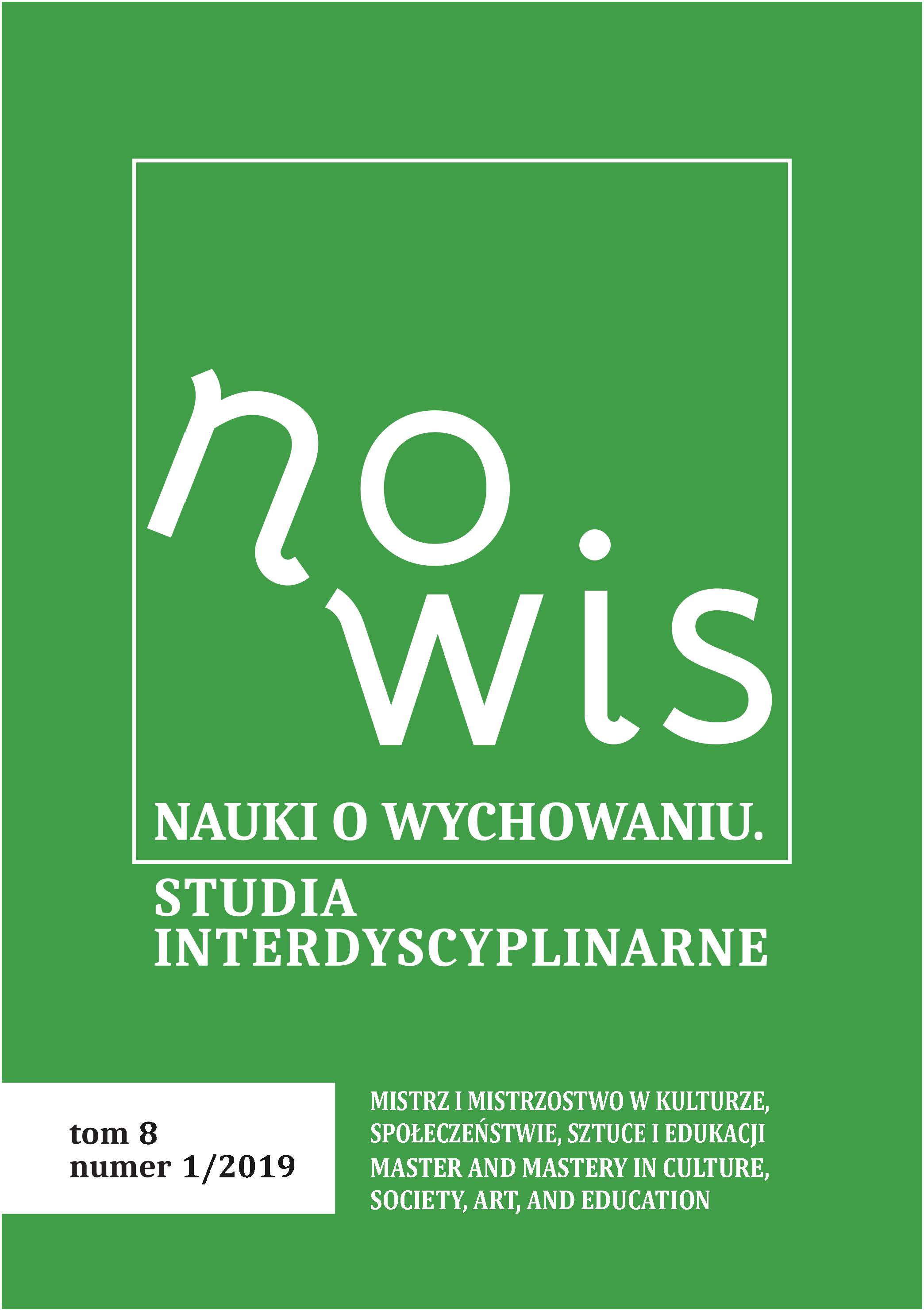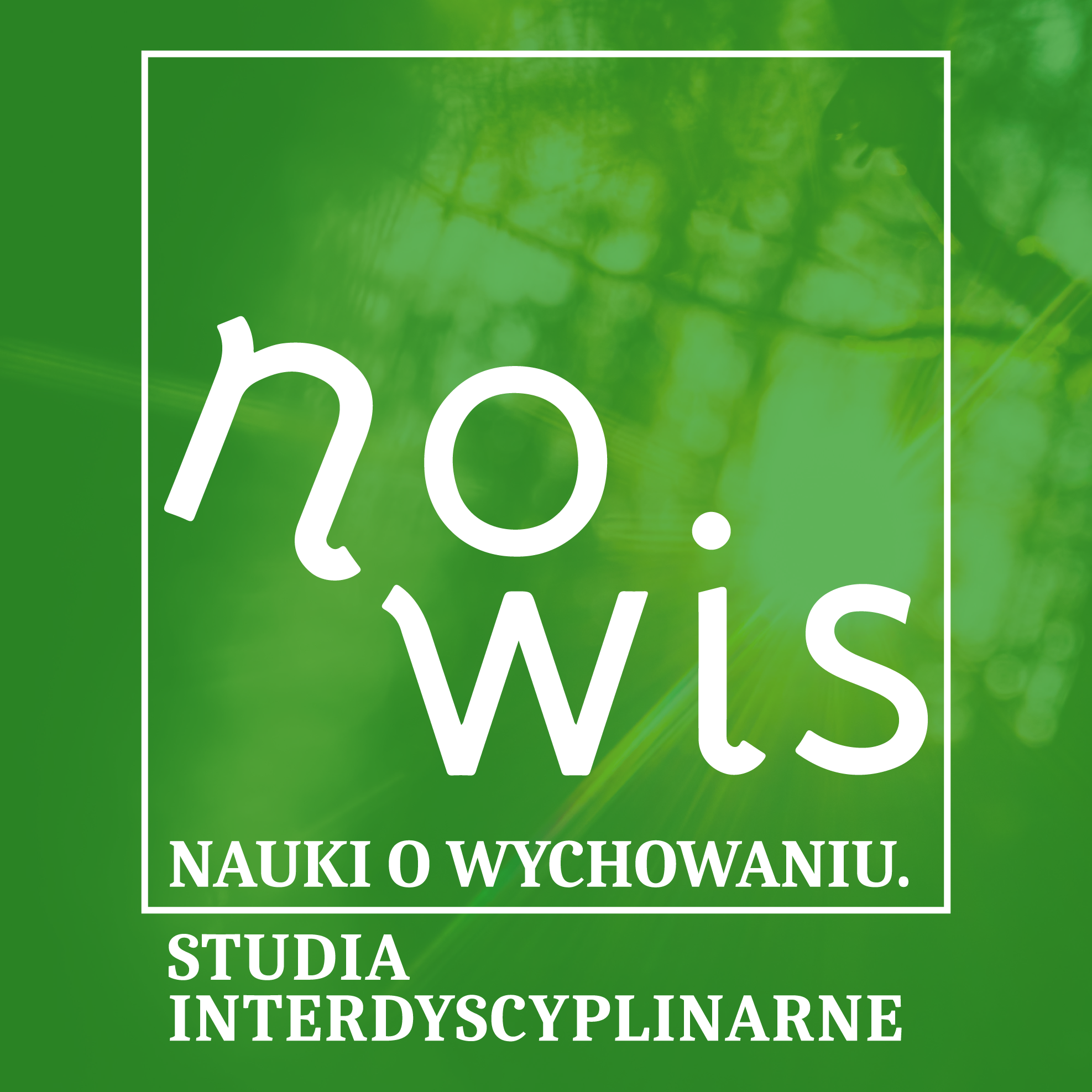Dziedzictwo mistrzów: uwagi o życiu i pracy z Profesorami Carolyn Ellis i Arthurem P. Bochnerem
DOI:
https://doi.org/10.18778/2450-4491.08.18Słowa kluczowe:
dziedzictwo Carolyn Ellis i Arthura Bochnera, relacje międzypokoleniowe, przejście na emeryturęAbstrakt
25 stycznia 2019 r., w Uniwersytecie Południowej Florydy miało miejsce uroczyste spotkanie poświęcone aktywności akademickiej Carolyn Ellis i Arthura Bochnera, którzy po ponad osiemdziesięciu pięciu latach (łącznie) pracy dydaktycznej przeszli na emeryturę. Tekst został przygotowany przez naukowych współpracowników, studentów oraz przyjaciół Profesorów Ellis i Bochnera, by upamiętnić i uhonorować Ich dzieło, i stanowi zbiór krótkich historii. Ukazuje on zarówno „oficjalne”, jak i „nieoficjalne” (w niektórych wypadkach bardzo osobiste) doświadczenia związane z życiem i pracą Profesorów. Opowieści te zapraszają czytelników do świata akademickich relacji międzypokoleniowych, uwikłanych kontekstowo i ważnych z etycznego punktu widzenia.
Bibliografia
Bochner A. P., Ellis C. (2000) Autoethnography, Personal Narrative, Reflexivity: Researcher as Subject in: Handbook of Qualitative Research (2nd Ed.), N. K. Denzin, Y. S. Lincoln (Eds.), Thousand Oaks, CA, Sage: 733–768.
Google Scholar
Bochner A. P., Ellis C. Tillmann-Healy L. (1998) Mucking Around Looking for Truth in: Dialectical Approaches to Studying Interpersonal Relationships, B. M. Montgomery, L. A. Baxter (Eds.), Mahwah, NJ, Lawrence Erlbaum: 41–62.
Google Scholar
DeSalvo L. A. (1999) Writing as a Way of Healing: How Telling Our Stories Transforms Our Lives, Boston, MA, Beacon Press.
Google Scholar
Frank A. W. (2013) The Wounded Storyteller: Body, Illness, and Ethics, Chicago, IL, University of Chicago Press.
Google Scholar
Frankl V. E. (1986) The Doctor and the Soul: From Psychotherapy to Logotherapy, New York, Vintage Books.
Google Scholar
Goodall H. L. (2000) Writing the new Ethnography, Lanham, MD, AltaMira Press.
Google Scholar
Goodman N. R. (2012) The Power of Witnessing in Goodman in: The Power of Witnessing: Reflections, Reverberations, and Traces of the Holocaust, N. R. Goodman, M. B. Meyers (Eds.), New York, NY, Routledge: 3–26.
Google Scholar
Kiesinger C. E. (2002) My Father’s Shoes: The Therapeutic Value of Narrative Reframing in: Ethnographically Speaking: Autoethnography, Literature, and Aesthetics, A. P. Bochner, C. Ellis (Eds.), Walnut Creek, CA, AltaMira Press: 95–114.
Google Scholar
Merton T. (1966) Conjectures of a Guilty Bystander, New York, NY, Doubleday & Co.
Google Scholar
O’Brien T. (2009) The Things They Carried, New York, NY, Houghton Mifflin Harcourt.
Google Scholar
Oliver M. (1990) House of Light, Boston, MA, Beacon Press.
Google Scholar
Pennebaker J. W. (1997) Writing about Emotional Experiences as a Therapeutic Process, “Psychological Science,” 8 (3): 162–165.
Google Scholar
Rée J. (2005) Paul Ricoeur Obituary, “The Guardian,” (May 23): 21.
Google Scholar
Ricoeur P. (1967) Symbolism of Evil, New York, NY, Beacon Press.
Google Scholar
Rosenthal G. (2003) The Healing Effects of Storytelling: On the Conditions of Curative Storytelling in the Context of Research and Counseling, “Qualitative Inquiry,” 9 (6): 915–933.
Google Scholar
Pobrania
Opublikowane
Jak cytować
Numer
Dział
Licencja

Utwór dostępny jest na licencji Creative Commons Uznanie autorstwa – Użycie niekomercyjne – Bez utworów zależnych 4.0 Międzynarodowe.





 Strona czasopisma, prowadzona przez Zespół redakcyjny NOWiS na platformie Index Copernicus:
Strona czasopisma, prowadzona przez Zespół redakcyjny NOWiS na platformie Index Copernicus: 





